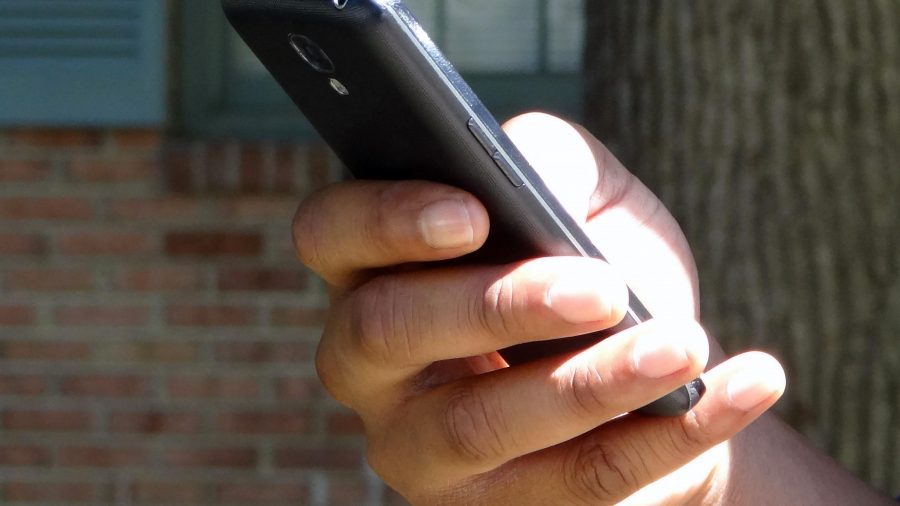World Health Organisation says around 11% of drivers are using their mobile phone right now. It’s not surprising as using a phone is ingrained in our society and the car is just another place to use it. But would you use a phone app in your car to stop you using your phone?
Some 45% of Australians say they can’t “live without” their mobile. They use their phones 30 times – for about 2.5 hours – every single day.
Phone app to block the phone
No wonder it’s very difficult to get us to give them up while driving. Recent Queensland Carrs-Q research found 70% of drivers would be willing to install a phone app thats block texting and browsing. Even high-risk drivers were open to them. However, there were certain functions most drivers said they had to have:
- Hands-free calls
- Bluetooth music
- Other apps like GPS
- Ability to be contacted in emergencies.
Only 40% of drivers had heard of apps like this and 10% had already tried them. Examples are iPhone’s Do Not Disturb While Driving, Android Auto, Waze and RoadMode.
Participants in the research were less willing to use the phone app once they had more experience with it. This is because the app let them down in unexpected ways, such as not starting automatically, or running down the battery. If we want more drivers to use these types of apps, they have to perform.
Music to our ears
It’s interesting that Bluetooth music was so important in the car. A previous CARRS-Q study found using a mobile to change music while driving was the most common behaviour. This was more than twice the second most common one of reading a text message or other form of communication.
The least common behaviour was holding the phone to answer a call. Perhaps it was least common because new technology has made this unnecessary.
Changing attitudes
One way to address the problem of using phones while driving is by changing attitudes to that behaviour.
Two groups of people in the Qld study were shown images. One group just saw images of people using mobile phones while driving. The other group saw drivers using phones followed by negative consequences. Results show participants became less accepting of using a phone while driving, whether they saw the images of negative consequences or not.
Do demerits and fines work?
Even so, most people in the study had used their phones while driving at least once in the past week. Past behaviour is unfortunately a better predictor of future behaviour than good intentions. Psychologists say people are more likely to achieve their goals when framed with positive outcomes, rather than negative outcomes.
This begs the question whether demerit points and fines are effective in deterring people from using phones while driving.
They are certainly substantial: $337 standard or $448 in a school zone, worth 5 demerits (or 10 during holidays).
- From July 2018 to April 2019, 27,263 mobile phone offences cost those drivers $9,230,921
- Since 2013, when records started, 199,546 drivers contributed $64,725,508 to state revenue.
In spite of financial imposts, some drivers just can’t resist their mobiles. They may be better off installing a phone app that stops them using their phones. How else can we stop them? Read more.


your opinion matters: